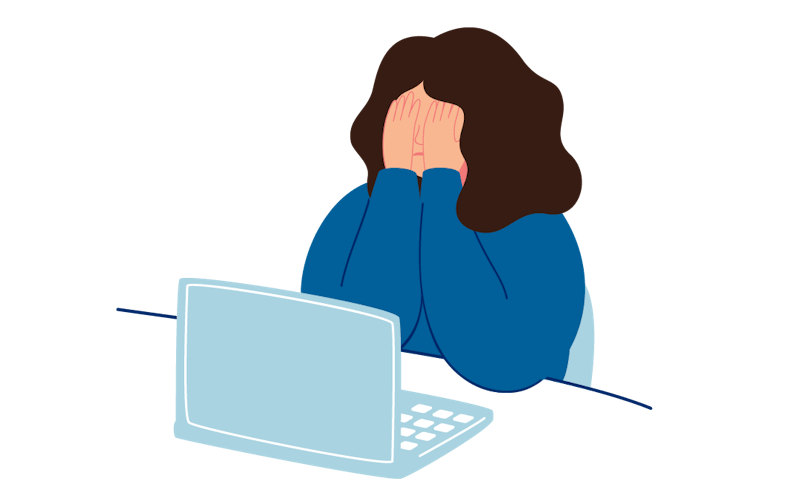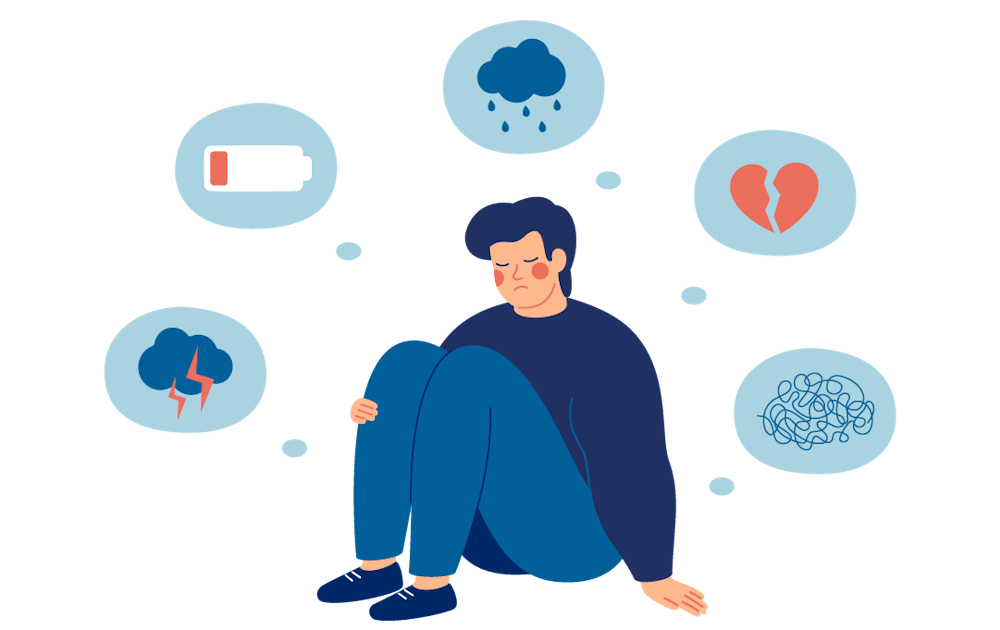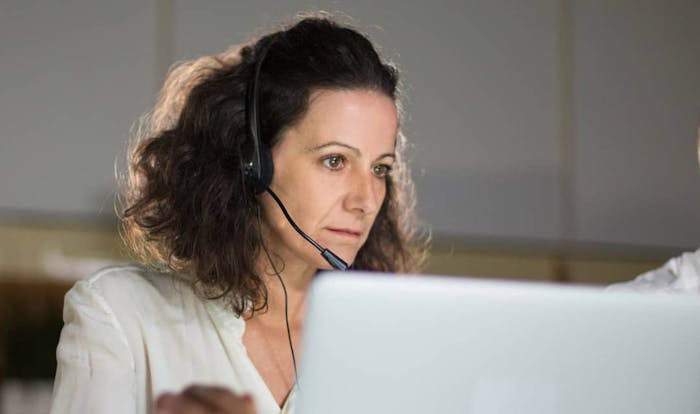Consequences on your life and relationships
If people think about possible consequences to their offending, they might think about arrest and jail but might not consider what would happen to their relationships and other parts of life.
Your relationships may break
How will your partner, children or parents fell if they find out you have been engaging in illegal online sexual behaviour? What opinion are they going to have about you? Will they still love you? Will they still want to have contact with you?
Some individuals in your situation are lucky as they have family members and friends who want to support them through this. Others are not so lucky.
Nobody can predict how a person is going to react. Do you want to take this risk or do you want to get help now?
You might be in the media
There is a chance that your case will be written about in the media. This is never guaranteed, but it can also never be avoided or controlled. You need to be aware that it’s a possibility and think about what effect it will have on you, your children, your partner and the rest of your family.
Financials
You need to be aware that your offending will not only affect your job but possibly your families’ jobs too.
Working with children
If your job involves a lot of contact with children, for example, if you are a school teacher or a doctor, you will have to leave your job immediately. During your initial interview with the police, they will ask you about your occupation and if necessary, you will be asked to resign. It may also be required that the police disclose your offending behaviour to your employer.
Not working with children
If you are being investigated by the police, then you need to check your employment contract. Some contracts will state that you need to disclose to your employer if you have any involvement with the authorities with regard to criminal behaviour. If this is the case, you need to do so, otherwise further down the line when you are convicted, your employer will find out and you will likely be dismissed.
Telling your employer about your offending does not automatically mean that you will lose your job. Some employers will allow you to continue working. Nevertheless, you need to be prepared to be asked to leave.
Trying to find a job in the future
If you are convicted of online sexual offences related to children, you are going to experience some barriers with regard to work. There will be some jobs that you would not even be able to interview for; mainly anything involving children or vulnerable adults. Also, you will face difficulties if you want to teach adults.
When you apply for certain jobs, they ask you to state whether you have any spent or unspent convictions. You can be prosecuted if you fail to disclose spent convictions
Other consequences
Some people report negative impacts on their life a long time before they are caught by the authorities.
- Is your illegal behaviour online starting to affect your relationship with your partner? Both, sexually and emotionally?
- Are the empty and negative feelings you experience after going online causing you to become grumpy and short-tempered with the people in your life?
- Are the long hours you spend online each night affecting your ability to succeed at work because you are so tired?




